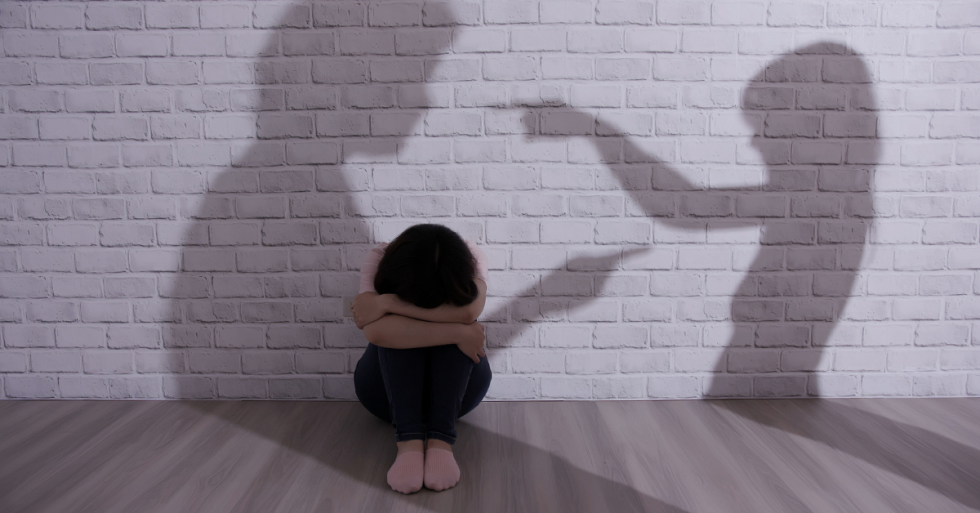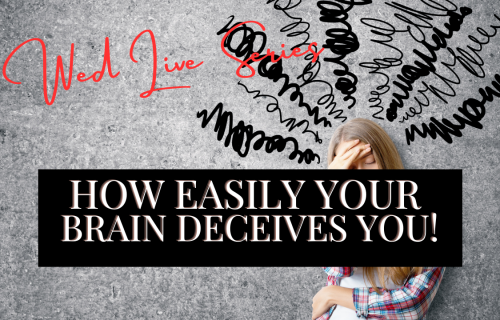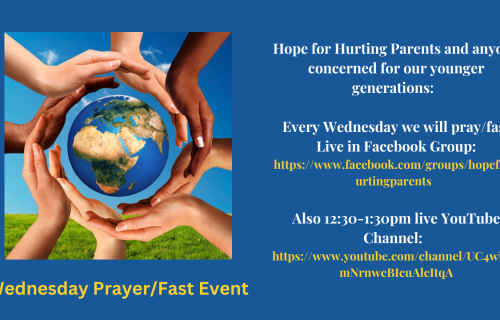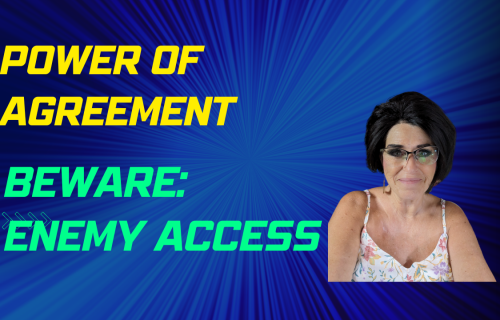
Why Couples Counseling is NEVER Advised with Domestic Violence
Couples counseling is often attempted by well-meaning pastor and religious leaders. This is extremely dangerous. If you are in a relationship where there has been emotional, physical, spiritual or financial abuse. Please take this article seriously.
1. Focusing on the relationship assumes that each person contributes to the abuse behavior, when in truth the perpetrator is solely responsible for his abusive behavior.
2. Focusing on issues other than the abusive behavior allows the abusive behavior to continue.
3. Danger to the victim may increase due to the pastor’s/counselor’s involvement in the relationship. Because the batterer’s goal is to maintain control of the relationship, any interference on the counselor’s part may lead to an increase in his controlling behavior. The counselor/pastor may unwittingly elicit information or initiate interventions that escalate abuse.
4. A pastor or couple’s counselor who is focused on the relationship may be hesitant to strongly confront just one of the individuals, concerned this will be viewed as favoritism. Such failure to directly confront the abuse contributes to minimization and denial.
5. Blaming the victim. When abusive behavior is identified, the victim may be asked, “What was your part in this?” Alternatively the batterer may use comments and observations of the couple’s counselor to justify his abusive behavior (e.g., “Remember, he said how your refusal to answer my questions only makes things worse!”) many victims already tend to blame themselves; the counselor may unwittingly encourage this.
6. Out of fear of further abuse, the victim may not be honest about the abuse or other issues in the couple’s session, giving the false impression that things are better than they really are.
7. On the other hand, the victim may have a false sense of security and safety in the couple’s session. This may lead her to disclose information she normally wouldn’t at home, believing that the therapist will keep her safe. Once they have left the safety of the counseling room, he may then retaliate.
8. In couple’s counseling, if the therapist focuses extensively on the abuse, the batterer may feel shamed, scapegoat, and to blame for every problem in the relationship. In a batterer intervention group, while he is held accountable for his abuse, he is not blamed for every problem in the relationship. Couples counseling may discourage the level of disclosure that is possible in the group.
9. Before other issues in the relationship can be effectively addressed, the abusive behavior must end. Abusive behavior tends to distract attention away from other issues, like a smoke screen. This is similar to counseling where one or both parties are active alcoholics; until they are sober, such as interventions have little effectiveness. Similarly,, until the abuse has stopped, other interventions have limited effectiveness.
10. It colludes with the batterer’s denial. It allows him to continue to blame her and/or the relationship for his abusive behavior. He can then take advantage of the couple’s sessions to further his agenda of control and power over.
11. There is usually no assessment for violence in couples counseling. If an assessment is done with both people present, the potential for honest disclosure will be undermined.
12.Couples counseling can keep a victim in the abusive relationship longer than she would otherwise stay in the false hope that counseling may make things better. Some forms of counseling require couples to make a times commitment (e.g. 3-6 months) of not separating while in the counseling, which may prolong an abuse relationship.
Couples Counseling is Not Recommended By
The Department of Justice (prohibits)
The American Bar Association
Futures Without Violence
California Partnership to End Domestic Violence
All US State Coalitions Against DV
National Network to End DV National Coalition Against DV
Center for Domestic Peace compiled the following PDF regarding the Dangers of Couples Counseling where DV is Present. Please take this seriously. For more information if you are in an abusive relationship or are not sure you are in abusive relationship, please contact Dr. Baldwin for a confidential and free consultation via our submission contact page or call 24/7 in cases of emergency @ 417-731-8354.




We’re a bunch of volunteers and starting a brand new scheme in our community.
Your web site provided us with useful info to work on. You have done an impressive process
and our entire group can be grateful to you.
Look at my web site … buy real instagram followers no password